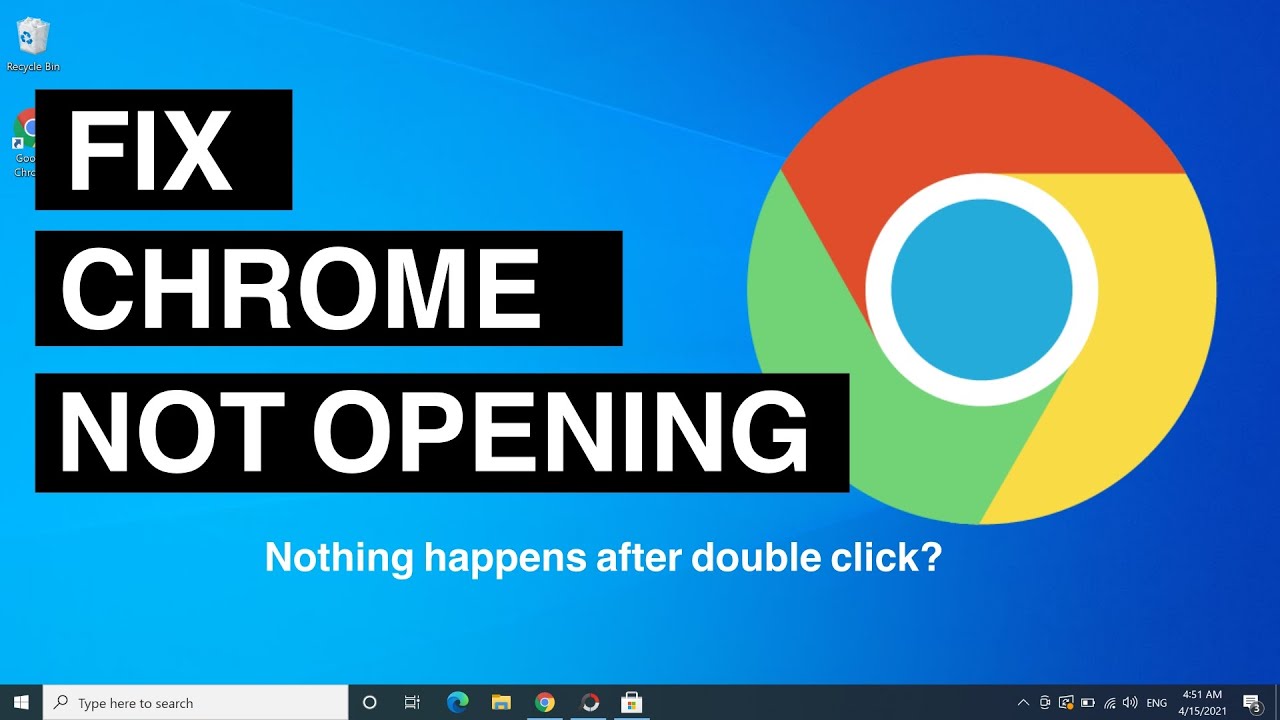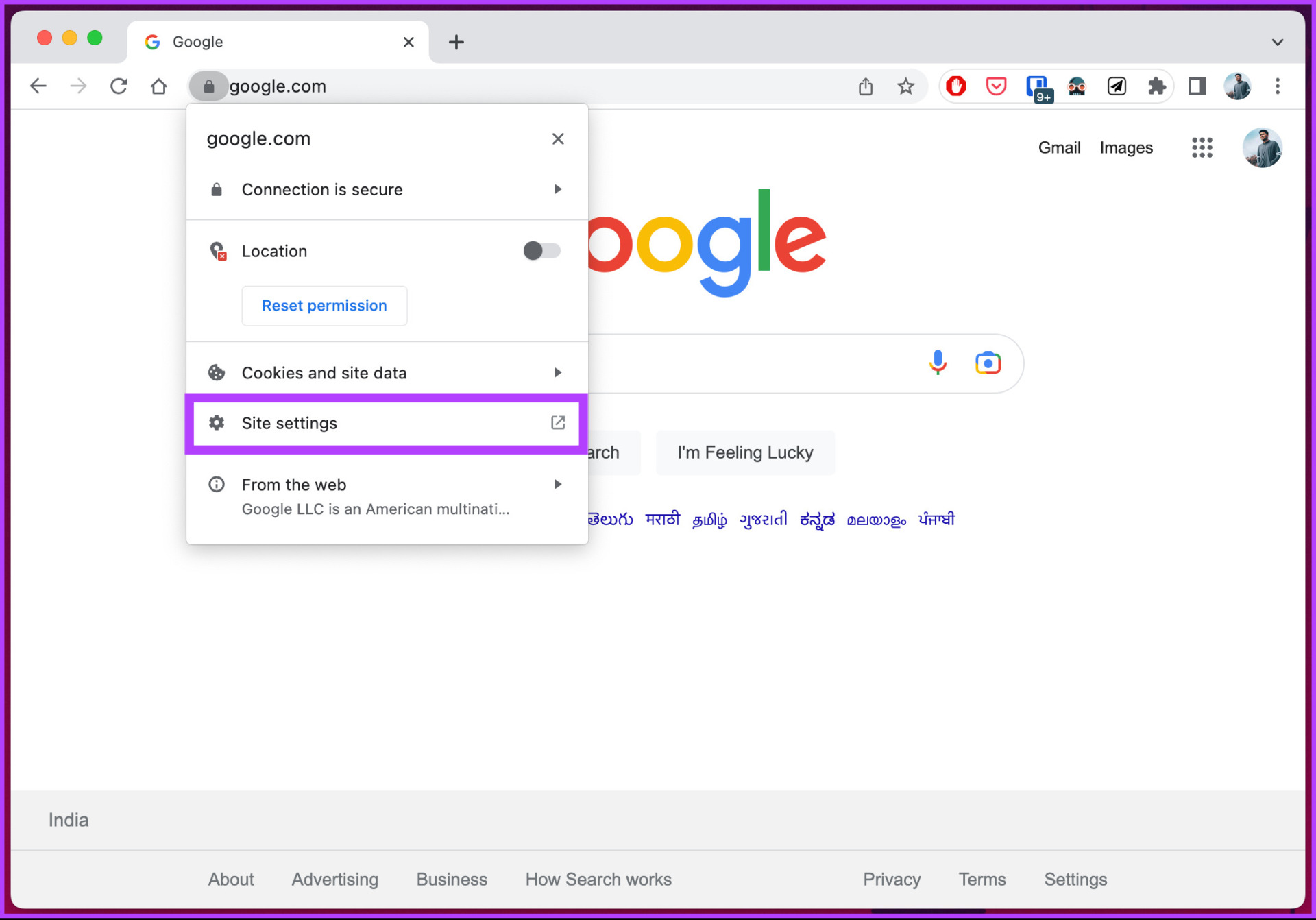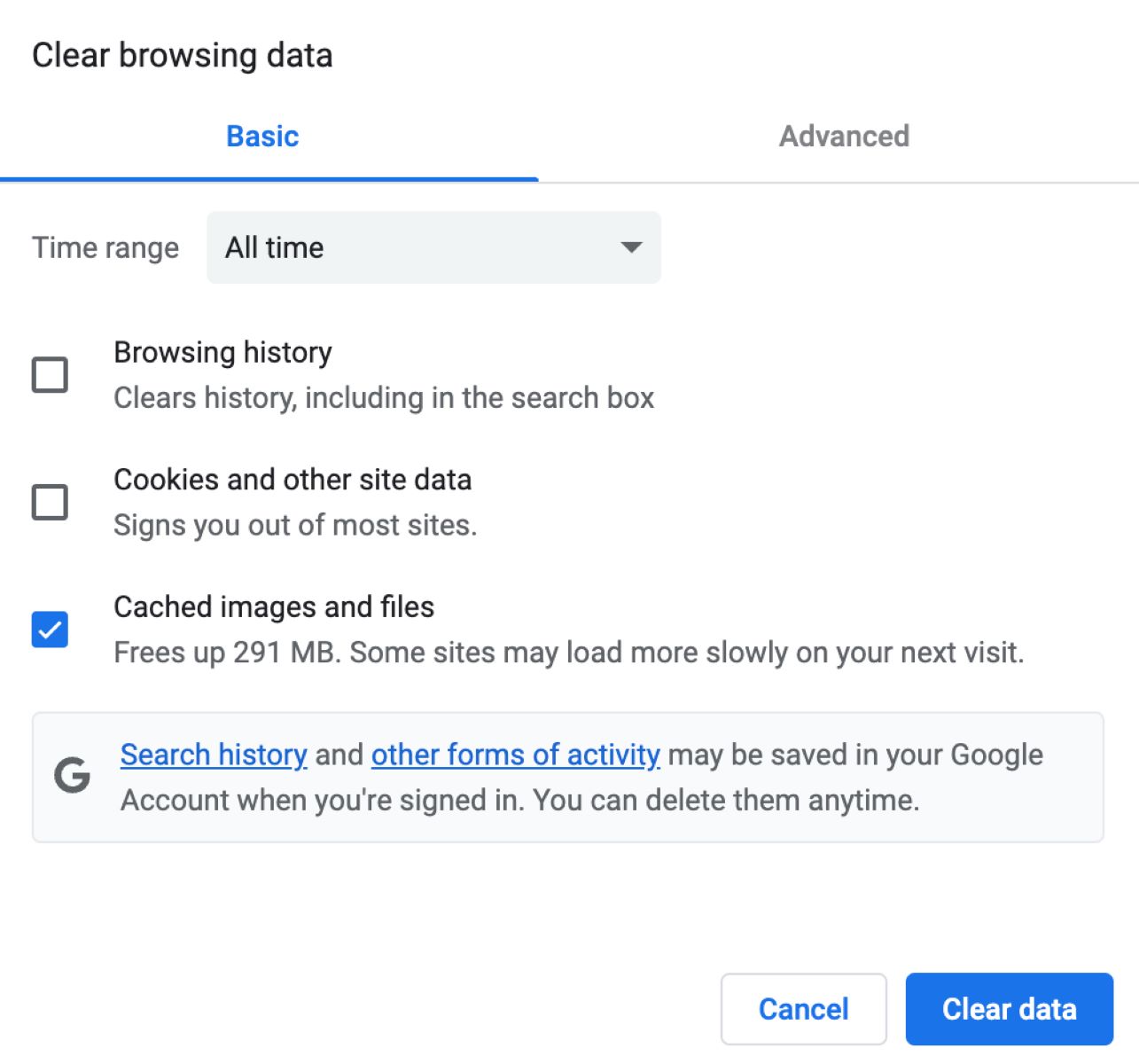Outdated Browser or Chrome Version
Having an outdated browser or Chrome version can lead to various issues, including websites not loading properly. It's essential to keep your browser up to date to ensure compatibility with the latest web technologies and security updates.
When you're using an outdated version of Chrome, you may encounter compatibility issues with certain websites that have implemented newer web standards. Additionally, security vulnerabilities present in older browser versions can expose your system to potential threats, making it crucial to stay updated.
Updating your Chrome browser is a straightforward process. Simply click on the three-dot menu in the top-right corner of the browser window, navigate to "Help," and select "About Google Chrome." This action will prompt Chrome to check for updates and install them if available.
By keeping your browser updated, you can ensure a smoother and more secure browsing experience, reducing the likelihood of encountering issues with websites not loading properly.
Ensuring that your browser is up to date is a fundamental step in troubleshooting website loading issues. It's a simple yet effective measure that can significantly improve your browsing experience and mitigate potential security risks associated with using outdated software.
Slow or Unstable Internet Connection
A slow or unstable internet connection can be a major factor contributing to websites not loading properly in the Chrome browser. When your internet connection is sluggish or prone to frequent disruptions, it can significantly impede the loading of web pages, leading to a frustrating browsing experience.
One of the primary indicators of a slow internet connection is prolonged loading times for websites. When you attempt to access a webpage, the content may take an unusually long time to appear, or the page may partially load before stalling. This can manifest as images failing to load, videos buffering indefinitely, or a general delay in the responsiveness of the website.
Moreover, an unstable internet connection can result in intermittent connectivity issues, causing websites to load partially or not at all. This inconsistency in connectivity can lead to frequent disruptions while attempting to access web content, ultimately hindering the overall browsing experience.
Several factors can contribute to a slow or unstable internet connection. These may include inadequate bandwidth, network congestion, signal interference, or hardware issues with your modem or router. Additionally, environmental factors such as physical obstructions or distance from the router can impact the stability and speed of your internet connection.
To address issues related to a slow or unstable internet connection, several troubleshooting steps can be undertaken. These may include resetting your modem or router, repositioning the router to optimize signal strength, or contacting your internet service provider to address any potential network issues.
Furthermore, utilizing internet speed testing tools can help diagnose the speed and stability of your connection, providing valuable insights into potential performance issues. By identifying the root cause of the slow or unstable internet connection, you can take appropriate measures to enhance your browsing experience and ensure that websites load seamlessly in the Chrome browser.
In essence, a slow or unstable internet connection can significantly impact the loading of websites in the Chrome browser. By understanding the factors contributing to this issue and implementing effective troubleshooting measures, users can strive to optimize their internet connectivity, thereby enhancing their overall browsing experience.
Browser Extensions or Add-ons
Browser extensions and add-ons can significantly influence the functionality and performance of the Chrome browser, potentially leading to issues with website loading. While these extensions are designed to enhance the browsing experience by providing additional features and customization options, they can also introduce conflicts or compatibility issues that impact the loading of websites.
When multiple extensions are installed, they may interact with each other in unexpected ways, causing instability within the browser environment. This can manifest as websites failing to load properly, experiencing slow loading times, or displaying content incorrectly. Additionally, certain extensions may actively block or interfere with specific website elements, leading to disruptions in the loading process.
Moreover, outdated or incompatible extensions can pose a significant risk to the overall browsing experience. Extensions that have not been updated to align with the latest Chrome browser version may exhibit compatibility issues, resulting in websites not loading as intended. Similarly, extensions developed by third-party providers may lack proper maintenance, leading to performance issues that impact website loading.
To address issues related to browser extensions or add-ons, users can undertake several proactive measures. One approach involves reviewing and managing the installed extensions to identify any potential conflicts or performance implications. By disabling or removing unnecessary or problematic extensions, users can streamline the browser environment, potentially resolving issues related to website loading.
Furthermore, ensuring that extensions are regularly updated to their latest versions is essential for maintaining compatibility and addressing potential security vulnerabilities. By staying informed about extension updates and actively managing the extension library, users can mitigate the risk of encountering website loading issues attributed to outdated or incompatible extensions.
In some cases, users may opt to utilize Chrome's "Incognito Mode" to assess whether specific extensions are contributing to website loading issues. By browsing in this mode, extensions are temporarily disabled, allowing users to determine if the loading issues persist. This can aid in isolating the impact of extensions on website loading performance and guiding the decision-making process regarding extension management.
In essence, browser extensions and add-ons play a pivotal role in shaping the browsing experience within the Chrome browser. By understanding the potential implications of extensions on website loading and implementing proactive management strategies, users can optimize their browsing environment and mitigate issues that hinder the seamless loading of websites.
DNS Cache or Cookies
The DNS cache and cookies are integral components of the browsing experience, playing a crucial role in the seamless loading of websites within the Chrome browser. However, issues related to DNS cache and cookies can significantly impact the performance and functionality of web browsing, potentially leading to websites not loading as expected.
DNS Cache
The DNS (Domain Name System) cache stores information about previously visited websites, including their corresponding IP addresses. When a user attempts to access a website, the browser first checks its DNS cache to retrieve the associated IP address. This process helps expedite the loading of websites by bypassing the need for repeated DNS lookups.
However, the DNS cache can become outdated or corrupted over time, leading to potential issues with website loading. When the cached DNS records are inaccurate or obsolete, the browser may encounter difficulties in resolving the correct IP addresses for websites, resulting in delays or failures in website loading.
To address issues related to the DNS cache, users can consider clearing the DNS cache within the Chrome browser. This process involves flushing the existing DNS cache to remove outdated records and initiate a fresh lookup for website IP addresses. By clearing the DNS cache, users can mitigate potential issues stemming from inaccurate or corrupted DNS records, thereby facilitating smoother website loading.
Cookies
Cookies are small pieces of data stored by websites on a user's device, serving various purposes such as session management, personalization, and tracking. While cookies contribute to a personalized browsing experience, they can also impact website loading if they become corrupted or overloaded.
In some instances, an excessive accumulation of cookies can lead to performance issues within the browser, potentially hindering the loading of websites. Moreover, corrupted or malformed cookies can disrupt the communication between the browser and websites, leading to unexpected behavior and loading failures.
To address issues related to cookies, users can consider clearing the browser's cookie cache. By removing outdated or corrupted cookies, users can promote a cleaner and more efficient browsing environment, potentially resolving issues related to website loading. Additionally, users can selectively manage cookie settings within the browser, allowing for greater control over the storage and utilization of cookies by websites.
In essence, the DNS cache and cookies play a pivotal role in shaping the browsing experience within the Chrome browser. By understanding the potential implications of DNS cache and cookies on website loading and implementing proactive management strategies, users can optimize their browsing environment and mitigate issues that hinder the seamless loading of websites.
Firewall or Antivirus Settings
Firewall and antivirus software are essential components of a robust cybersecurity posture, providing critical protection against various online threats. However, the stringent settings of these security measures can inadvertently impact the loading of websites within the Chrome browser, leading to potential disruptions in the browsing experience.
Firewalls, whether integrated into the operating system or deployed as standalone security solutions, are designed to monitor and control incoming and outgoing network traffic. While this proactive approach enhances network security, it can also introduce restrictions that affect the loading of websites. In some instances, overly restrictive firewall settings may block certain elements or scripts essential for website functionality, resulting in incomplete or failed website loading.
Similarly, antivirus software, renowned for its ability to detect and neutralize malware, operates by scrutinizing web content and identifying potential threats. However, the stringent scanning and filtering mechanisms employed by antivirus programs can inadvertently impede the loading of websites. This can occur when legitimate website components are flagged as suspicious or potentially harmful, leading to disruptions in the loading process.
To address issues related to firewall or antivirus settings impacting website loading, users can consider adjusting the configuration of these security measures. This may involve reviewing and modifying firewall rules to allow essential web traffic and adjusting the sensitivity of antivirus scanning to minimize interference with legitimate website content.
Furthermore, users can explore the option of temporarily disabling firewall or antivirus features to assess their impact on website loading. By conducting controlled tests, users can gain insights into the specific security settings that may be contributing to the loading issues, enabling them to make informed adjustments without compromising overall cybersecurity.
It is important to note that while adjusting firewall or antivirus settings, users should exercise caution to maintain a secure computing environment. Striking a balance between robust security measures and seamless website loading is paramount, and users are encouraged to seek guidance from cybersecurity professionals or reputable sources when making significant adjustments to security settings.
In essence, firewall and antivirus settings, while crucial for safeguarding against online threats, can inadvertently impact website loading within the Chrome browser. By understanding the potential implications of these security measures and implementing informed adjustments, users can strive to optimize their browsing experience while maintaining a strong cybersecurity posture.
Website Server Issues
Website server issues can significantly impact the loading of websites within the Chrome browser, leading to disruptions in the browsing experience. When a website's server encounters technical difficulties or experiences downtime, users attempting to access the site may encounter various loading issues, ranging from slow loading times to complete unavailability.
One of the primary manifestations of website server issues is prolonged loading times or timeouts when attempting to access a website. This can occur when the server is experiencing high traffic volumes, hardware malfunctions, or software errors, leading to delays in processing and delivering the requested web content to users' browsers. Additionally, server misconfigurations or resource limitations can contribute to performance degradation, resulting in sluggish website loading.
Moreover, website server issues can lead to intermittent connectivity problems, causing websites to load partially or not at all. When the server encounters connectivity disruptions or undergoes maintenance, users may experience incomplete loading of website elements, broken links, or error messages indicating server unavailability. These issues can significantly impede the seamless access to web content, frustrating users and impacting their browsing experience.
To address issues related to website server issues, users can undertake several proactive measures. One approach involves checking for server status updates or maintenance notifications provided by the website administrators. By staying informed about potential server-related issues, users can gain insights into the root causes of loading problems and anticipate potential downtimes.
Furthermore, users can consider accessing alternative websites or utilizing web caching services to mitigate the impact of website server issues. In cases where a specific website's server is experiencing difficulties, users can explore similar content from alternative sources or leverage web caching services to access previously retrieved website content, reducing reliance on the affected server.
In essence, website server issues can significantly impact the loading of websites within the Chrome browser, presenting challenges that hinder the seamless access to web content. By understanding the potential implications of website server issues and implementing proactive strategies to mitigate their impact, users can strive to optimize their browsing experience and navigate loading issues effectively.

























